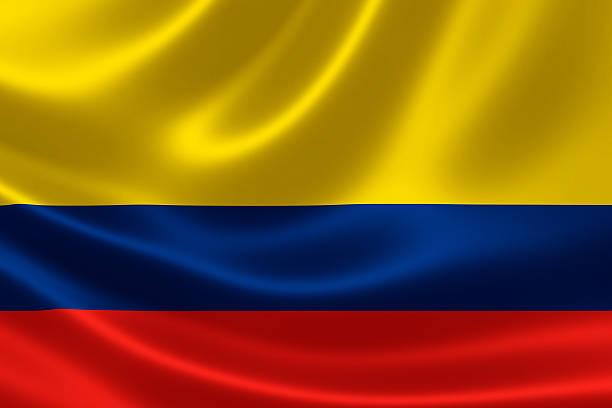We wrote to officials in Colombia expressing deep distress over recent attacks on the staff of CREDHOS (Regional Corporation for the Defense of Human Rights), an organization committed to the defense, promotion, and protection of human rights in the Magdalena Medio region of Colombia since 1987. In recent months there has been an increase in threats and harassment to social organizations and human rights defenders in the Magdalena Medio region and in Barrancabermeja, Santander Department, where CREDHOS is based.
On April 10, a bomb was placed outside the CREDHOS office in Barrancabermeja. One day later, armed civilians shot at CREDHOS staff while they were accompanying an administrative police procedure. Providing international accompaniment to the CREDHOS staff were two members of International Action for Peace (IAP) from Spain, clearly identified with vests as international peace accompaniers. It is our understanding that the National Police captured two of the assailants, charged them, and released them on April 13.
In addition to requesting that the government provide protection measures for CREDHOS staff, we are urging that authorities in Colombia investigate any patterns of victimization towards human rights defenders committed by irregularly armed civilians ostensibly organized in “citizen security fronts.”


